VIDEO: Cramer admits out-of-state billionaire Harold Hamm was the deciding factor in reconsidering Senate race
Rep. Kevin Cramer (R-Harold Hamm) won’t act in the best interest of North Dakotans
(BISMARCK, ND) – Yesterday in an interview that aired on WDAY, Kevin Cramer admitted that it wasn’t North Dakotans who prompted him to reconsider a run for Senate – it was a promise from an out-of-state billionaire to be his campaign’s National Finance Chair.
You read that right.
Kevin Cramer fessed up that nothing was more persuasive to get him into the U.S. Senate race than a phone call from a man worth a whopping $19 billion dollars. So who does Kevin Cramer represent – the constituents he was elected to serve or an out-of-state billionaire?
“Kevin Cramer says he wants to drain the swamp but we now know that he’s nothing more than a lap dog for out-of-state billionaire Harold Hamm,” said Dem-NPL Executive Director Scott McNeil. “Cramer has never been in politics for the right reasons – that’s why he uses his campaigns to enrich his family and has nearly doubled his net worth since he was elected to Congress. Now, he’s a puppet for out-of-state billionaires, which begs the important question – what kind of parachute deal has Hamm promised Cramer if he loses?”

